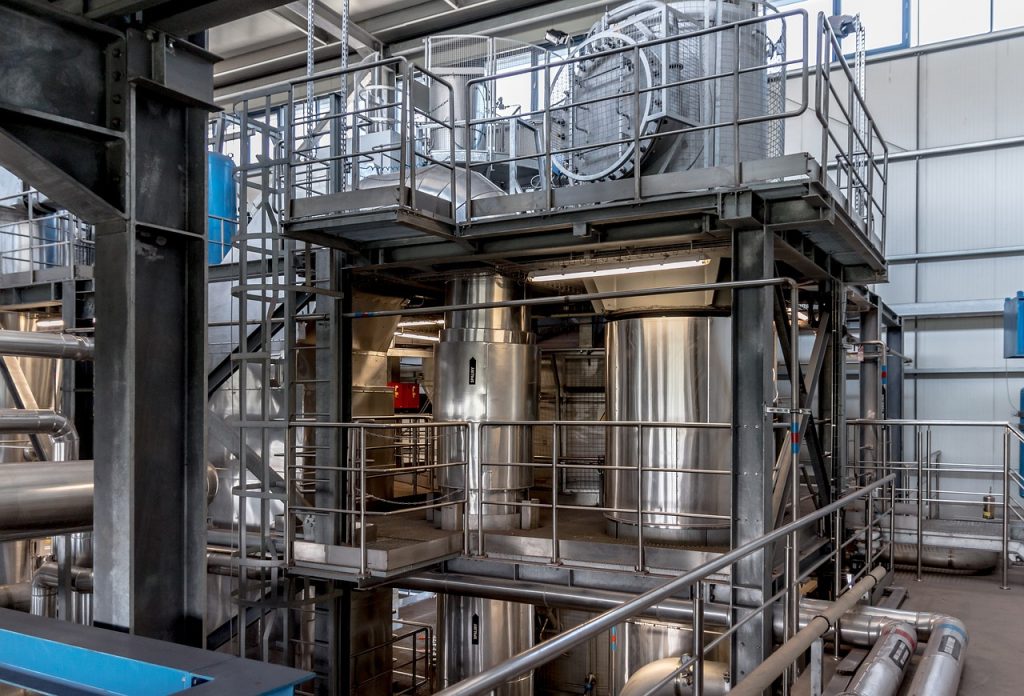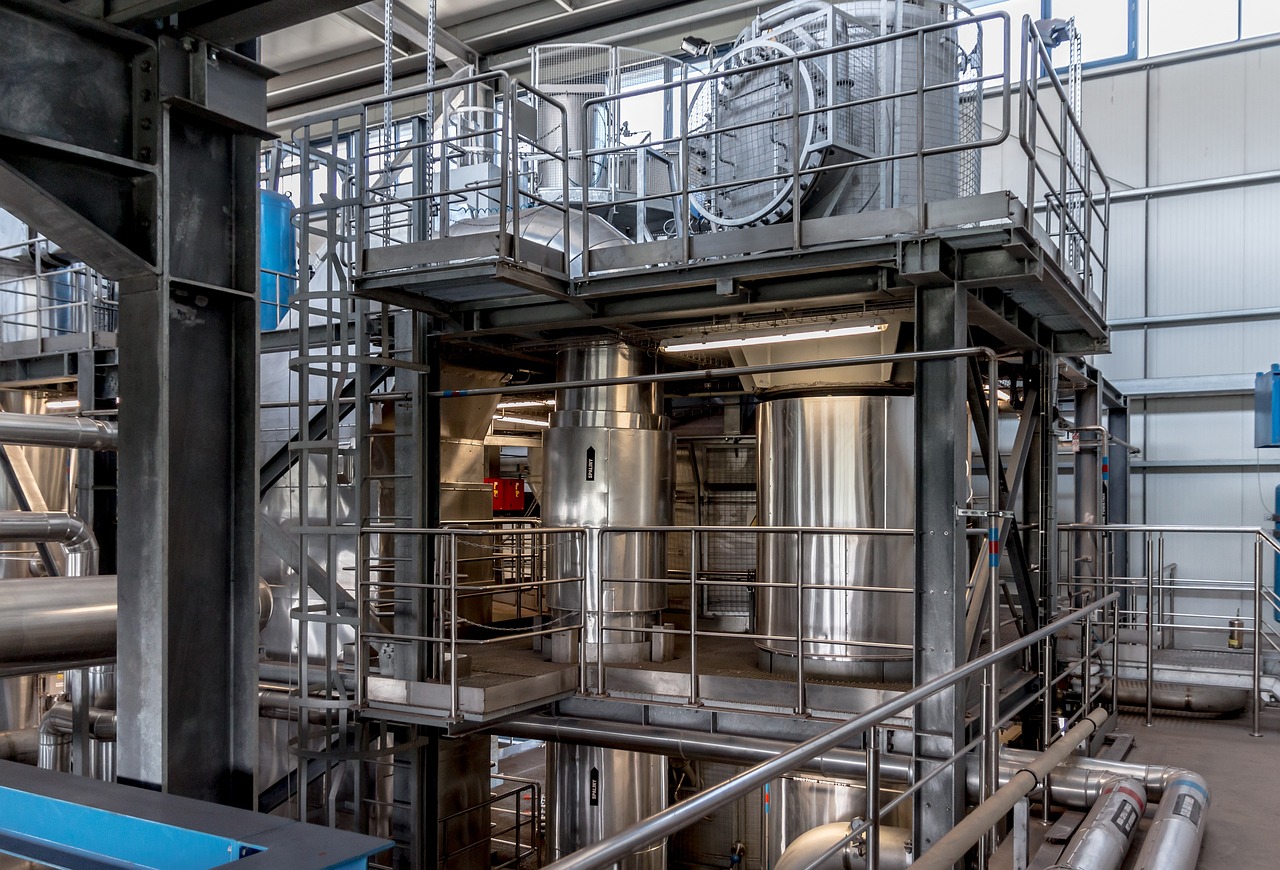In an era where environmental consciousness meets industrial efficiency, modern steam boiler designs are revolutionizing the way we think about sustainable energy production. These innovations are not just incremental improvements but fundamental reimaginings of century-old technology.

The Evolution of Sustainable Boiler Technology
The journey from traditional steam boilers to today’s cutting-edge designs represents a remarkable leap in engineering. Modern boilers incorporate advanced materials, smart sensors, and sophisticated control systems that maximize efficiency while minimizing environmental impact. These developments have transformed what was once a simple heating vessel into a complex, intelligent system.
Smart Integration and Control Systems
Today’s steam boilers feature integrated control systems that continuously optimize performance. Real-time monitoring and adjustment capabilities ensure optimal fuel-to-steam ratios, while predictive maintenance algorithms prevent costly breakdowns and efficiency losses. These smart systems represent a significant departure from traditional manual controls.
Advanced Materials and Construction
Modern materials science has enabled the development of heat-resistant alloys and composite materials that enhance boiler durability and efficiency. These materials allow for higher operating temperatures and pressures while reducing maintenance requirements and extending operational lifespans.
Innovation in Emissions Reduction
Low-NOx Technology
Contemporary boiler designs incorporate sophisticated low-NOx burners and staging systems that significantly reduce nitrogen oxide emissions. This technology has become increasingly important as environmental regulations tighten globally.
Carbon Capture Integration
Forward-thinking manufacturers are designing boilers with built-in capabilities for carbon capture and storage systems. These innovations mark a crucial step toward carbon-neutral industrial operations.
Efficiency Breakthroughs
Heat Recovery Systems
Modern boilers maximize energy efficiency through advanced heat recovery systems. Economizers and air preheaters capture and reuse thermal energy that would otherwise be lost, significantly improving overall system efficiency.
Modulation and Load Management
State-of-the-art modulation systems allow boilers to operate efficiently across varying load conditions. This flexibility ensures optimal performance whether at full capacity or partial load, representing a significant advance over traditional on/off systems.
Alternative Fuel Compatibility
Modern boiler designs increasingly accommodate alternative fuels, including biomass, hydrogen, and synthetic fuels. This fuel flexibility helps organizations transition toward more sustainable energy sources while maintaining reliable steam production.
Hybrid Systems
Innovative hybrid designs combine conventional fuel systems with renewable energy sources, providing a practical pathway to sustainability while ensuring reliable operation.
Digital Twin Technology
The implementation of digital twin technology allows operators to simulate and optimize boiler performance in virtual environments. This capability enables better training, maintenance planning, and system optimization without risking actual equipment.
Economic and Environmental Impact
Cost Savings Through Efficiency
Modern steam boiler designs significantly reduce operational costs through improved efficiency and reduced maintenance requirements. The integration of smart technology and advanced materials creates substantial long-term savings.
Environmental Benefits
Beyond efficiency gains, modern steam boiler innovations play a crucial role in reducing greenhouse gas emissions and improving air quality. By integrating low-NOx (nitrogen oxide) burners, carbon capture systems, and alternative fuel compatibility, these boilers significantly cut down harmful pollutants released into the atmosphere.
The environmental impact extends beyond individual facilities, benefiting entire communities by reducing industrial pollution, lowering dependence on fossil fuels, and promoting sustainable energy use. Additionally, increased energy efficiency reduces overall fuel consumption, leading to lower carbon footprints for industries. These advancements support global sustainability goals while ensuring industries comply with strict environmental regulations.
Modern Steam Boilers in a Snapshot
Spenomatic Kenya is at the forefront of modern steam boiler innovations, offering industries high-efficiency, smart-controlled boiler systems that reduce fuel consumption and emissions. Their solutions are designed to optimize energy usage, improve operational safety, and integrate alternative fuel options such as biomass and natural gas.
By providing customized boiler systems for industries such as manufacturing, food processing, and healthcare, Spenomatic helps businesses achieve cost savings and regulatory compliance. Their after-sales support and predictive maintenance solutions ensure long-term efficiency and reliability, making them a trusted partner in sustainable industrial steam solutions.
Conclusion
The revolution in steam boiler design represents a crucial advancement in industrial sustainability. As these technologies continue to evolve, they pave the way for a more environmentally conscious industrial future while maintaining the high performance demands of modern manufacturing and processing facilities. Visit Spenomatic Kenya to get more information and modern boiler solutions tailored for your needs.
Frequently Asked Questions
1. What makes modern steam boilers more efficient than traditional designs?
Modern steam boilers use advanced materials, smart controls, and heat recovery systems to optimize fuel usage and reduce heat loss. These improvements increase efficiency by up to 20% compared to older models.
2. How do digital twin technologies improve boiler operations?
Digital twin technology creates virtual replicas of boiler systems, allowing operators to simulate different conditions, train personnel, and optimize performance without affecting actual equipment. This helps reduce downtime and improve maintenance planning.
3. What role do alternative fuels play in modern boiler designs?
Modern boilers are designed to run on biomass, hydrogen, and synthetic fuels, allowing industries to transition to sustainable energy sources while maintaining reliable steam production.
4. How do smart control systems enhance boiler performance?
Smart control systems monitor and adjust boiler operations in real-time, optimizing fuel-to-steam ratios and predicting maintenance needs. This leads to lower operating costs and improved reliability.
5. What environmental benefits do modern steam boilers offer?
Modern boilers have higher efficiency, lower emissions, and compatibility with renewable fuels. Technologies like low-NOx burners and carbon capture systems help minimize environmental impact.

